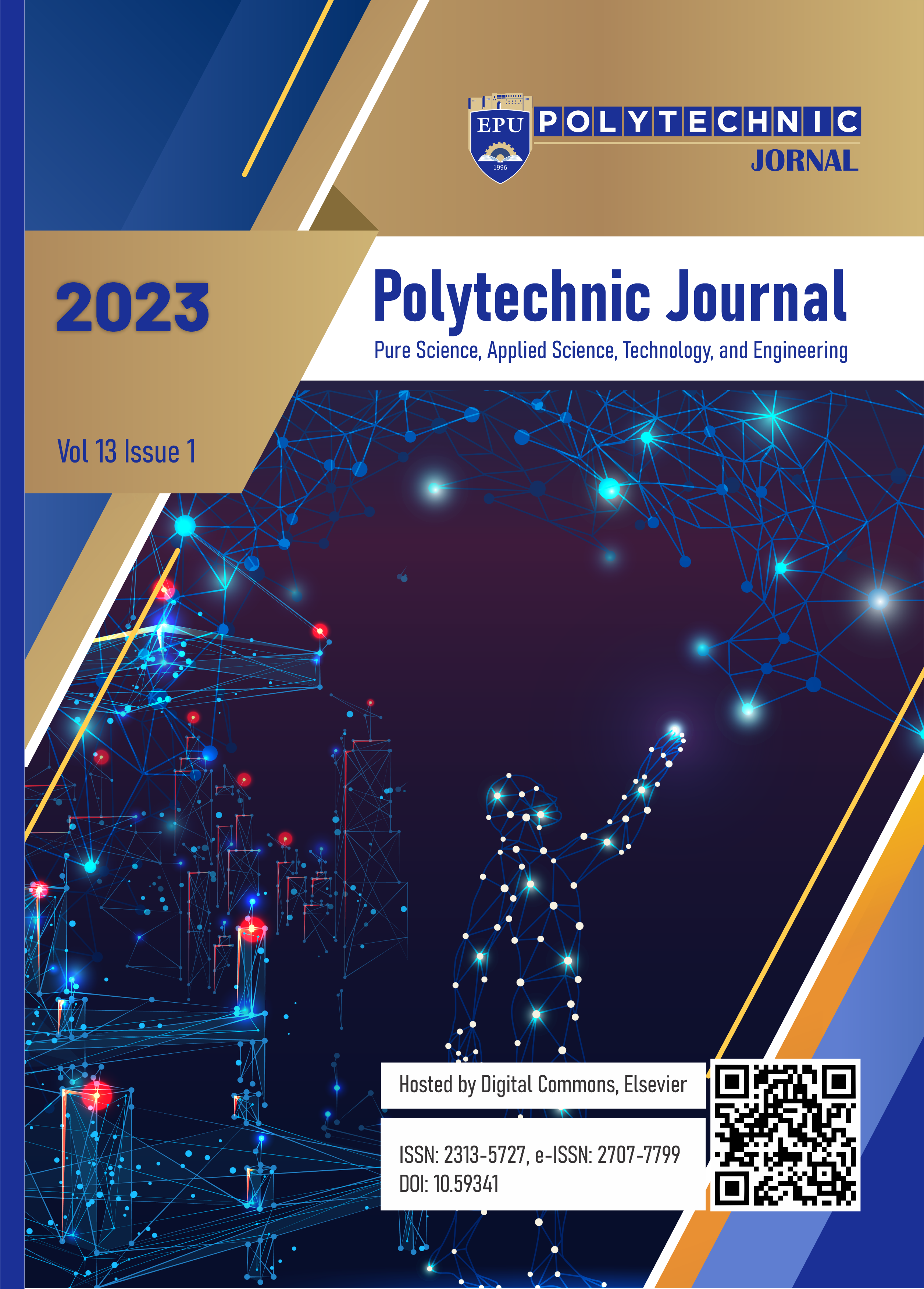COVID-19 Vaccines Hesitancy among Universities Staff in the Kurdistan Region/Iraq: A Cross-Sectional Study
Keywords:
COVID-19, vaccine, social media, vaccine hesitancy, Kurdistan regionAbstract
The coronavirus disease 2019 (COVID-19) started in Wuhan, China, and become a pandemic quickly. The
disease affected the lifestyle and damaged socio-economic status due to prevention measures. These
measures had benefits at the time but did not stop the spread of the virus, so vaccination was another
strategy to prevent the spread of the virus. This study aimed to explore the COVID-19 vaccines’ hesitancy
among Universities’ staff in the Kurdistan Region/Iraq. Methods: A survey which consisted of four sections
prepared and social media groups and emails were used to recruit universities’ staff in the Kurdistan
Region/Iraq. The Google forms used to create the survey. Then, the SPSS program was used for data
analysis. Results: The male 486 (67.3%) participates were more and most were in the age group of 36-45
(41.6%). Overall, this study recruited 961 universities’ staff. Data analysis was performed for the
unvaccinated 722 participants. The majority of participants were willing to vaccinate 425 (58.9%) and prefer
the Pfizer vaccine more. Surprisingly, most of the participants did not believe in the vaccine's rumors 432
(59.8%). Conclusions: The COVID-19 vaccination is to prevent morbidity and mortality. However, hesitancy
toward COVID-19 vaccines has been stated worldwide. The main reason is the spreading of misinformation
and false rumors about the vaccine and social media is the center for spreading these rumors as this study
described.

